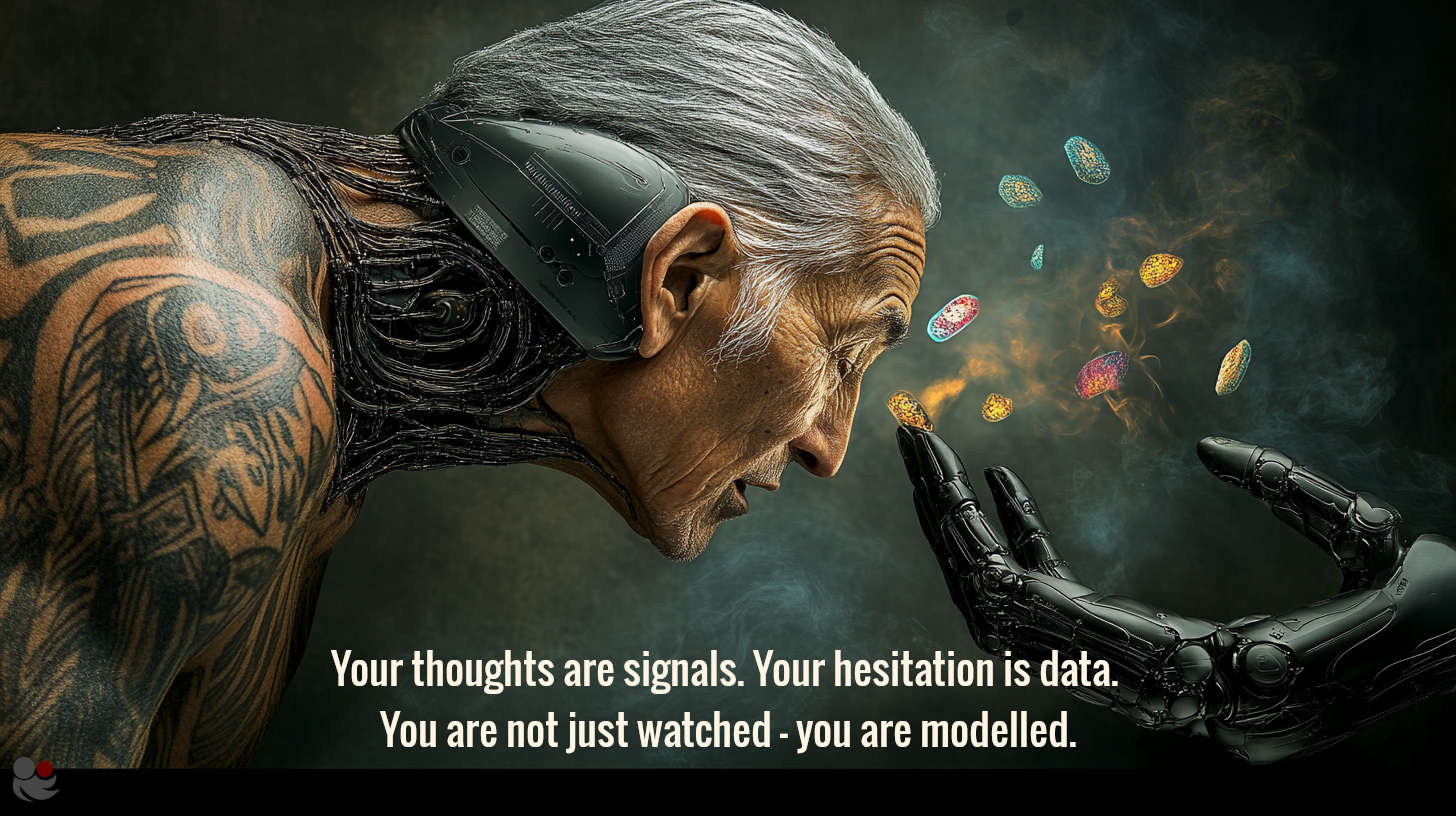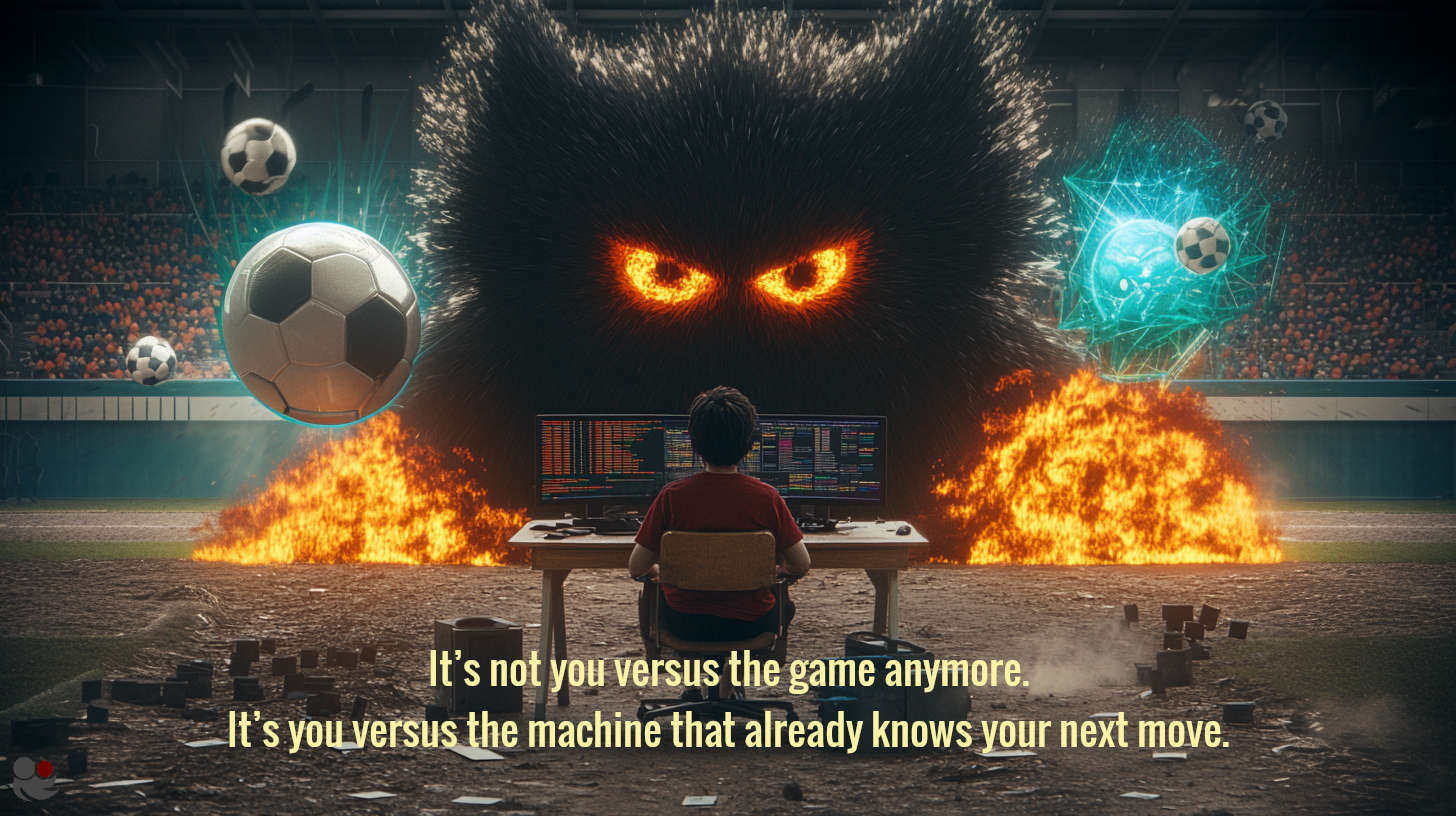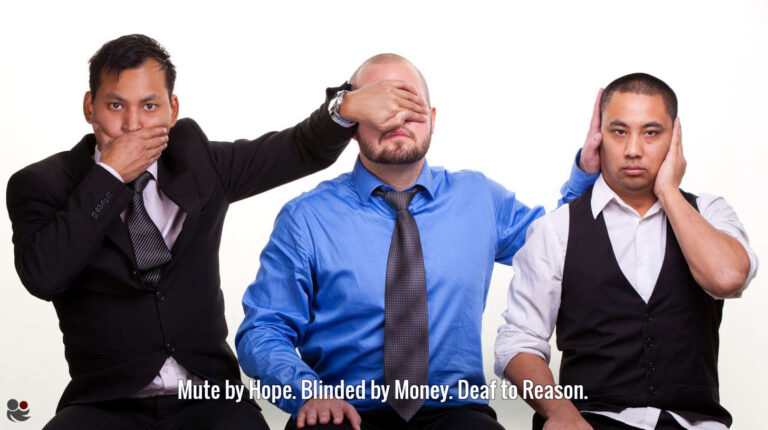
The game hasn’t changed. The player's tools have. And that’s how the system knows exactly what you think.
You may have noticed that sports betting feels more technical and data-driven than ever before. However, while punters are still busy downloading prediction apps and scanning spreadsheets, the bookmakers have already moved on. They’re now using machine learning to play a completely different game — one based less on the events and more on your behaviour. Have you ever thought about that?
They’re not just predicting matches anymore. They’re predicting you – or more precisely, people with your behavioural profile – and maximising their margins in the process. How? Let’s take a look.
1. Bookmakers: No Longer Just Pricing Events, But Predicting People
Let me tell you something uncomfortable. You think you’re watching the odds, but they’re watching you.
Back in the day, bookies priced events. They gathered team stats, injury updates, league tables, and maybe a weather report. It was about predicting the match. That was the game.
Now, the game has changed.
Traditional Odds-Making Isn’t Dead — It’s Evolved
The top bookies — Bet365, and Flutter-owned operators like Paddy Power, Sky Bet, and Betfair — are no longer just pricing events. Behind the scenes they get supported by providers like Sportradar (data feeds) and Kambi (odds and risk engines), who supply the real-time tech stack that enables behavioural modelling at scale.
Today, bookies build models that try to predict you. Not just what you’ll bet on, but how you’ll bet, when you’ll panic, and how much you’ll risk before bailing out.
For example, Flutter’s 2023 annual report spells it out clearly: major investment is going into “behavioural risks that can arise from target-based incentive plans” and that “in real time and in a personalised way”. [1] While Flutter frames this within the context of ‘safer gambling’, the same behavioural insights can inform pricing models and marketing decisions.
That means the odds you see on your screen are not just a reflection of the probabilities of a game — whether pre-match or in-play — but a reflection of what people like you tend to do in those situations.
Punter’s Behaviour Shapes the Lines
Now, to be clear: Bookmakers are still setting odds based on traditional factors — injuries, league position, historical performance, expected goals.
But here’s the shift..
Before kickoff, many of the adjustments to the initial line come from collective market behaviour. If a sharp group bets heavily on the draw at 3.20, the price may shorten to 3.00. If a wave of recreational punters piles on the favourite, the bookie might leave the price static or shorten it less than expected, anticipating more of the same.
So even before the match starts, your collective behaviour is shaping what odds are available. Machine learning helps bookies identify betting patterns that deviate from expected baselines and allows them to react in real time — not just to protect margin, but to understand how punters respond to information.
Once the game begins the emphasis shifts from collective market movement to individual behavioural modelling. In-play odds update constantly — not just based on what’s happening on the pitch, but also on how you and punters like you have historically reacted to similar events.
Did you hesitate last time your team went down 0–1? Do you typically chase a goal with a second-half bet? The algorithm remembers. In this phase, the bookmaker’s model becomes more reactive — not to the match alone, but to you in the match.
2. The Data You Feed the Machine: Every Click is a Signal

How Machine Learning Actually Works
Machine learning models are trained on years of betting data. Millions of data points — how often you check your slip, when you change your stake, how often you cash out early — are crunched by systems that learn to forecast your behaviour before you do it yourself.
Bookmakers call it risk management. But if you’re not aware of it, it becomes risk extraction.
Your Behaviour Becomes a Product
And let’s be clear: This isn’t a conspiracy theory. This is business. These operators are regulated, licensed, and audited. They use data to protect themselves and to deliver what they call “personalised experiences”. But what it really means is: the more predictable you are, the easier you are to beat.
You probably think your betting data is your bet history. It’s not. That’s just the final action.
What the machine cares about is everything leading up to it:
- How long you scroll.
- Which matches you click on but don’t bet.
- Which odds make you hesitate.
- How often you change your mind.
- How quickly you cash out when things get uncomfortable.
These little signals are turned into numbers by machine learning systems. This process – known as feature engineering in data science – is one of the key steps in how machine learning in sports betting becomes so effective. It’s how raw clicks become predictive insights.
Take this example: If you hover your mouse over the “Draw” market for 10 seconds but then select “Over 2.5 goals”, the model records a “change-of-intent under uncertainty”. You just trained the model to think that hesitancy means you’re unsure — which also means you’re more likely to accept a poor cash-out later when the game is 1-1 at 80 minutes.
It’s not a guess. It’s data.
What Happens With All That Data?
This kind of tracking is well-documented. The UK Gambling Commission has worked with the Behavioural Insights Team to assess exactly these patterns [2], and academics like Dr. Mark Griffiths have published methodological studies showing how online gambling operators log detailed user actions — such as login times, session durations, game preferences, and betting choices — to build behavioural profiles based on actual observed behaviour. [3]
Behavioural tracking refers to collecting data on users’ actions within online environments: login frequency, session duration, game preferences, bet sizes, timing of bets, use of responsible gambling tools. This method allows for real-time, objective, and naturalistic observation of behaviour, avoiding the usual recall bias found in surveys.
Recall bias occurs when people misremember or misreport their own actions — especially in surveys or self-assessments. Behavioural tracking avoids this by recording what users actually do in real time, not what they think they did.
Behavioural Insights or Behavioural Exploitation?
The industry claims it uses these insights to create early intervention systems and safer gambling environments. But let’s be honest: these are commercial companies. They’re not charities. Do you really think they invest in behavioural models purely for your well-being?
This data doesn’t just sit on a server. It’s fed into predictive systems — systems that update in real-time.
Let’s say you cash out early three times in a row during tight games. The next time you’re in a similar match, the system might offer a worse cash-out earlier, because it knows you’ll probably take it. That’s not a scam — that’s how optimisation works.
So what should you do?
Start by auditing yourself. Here’s a simple trick:
- Record a betting session with free screen software (OBS Studio).
- Watch it back.
- Ask yourself: Where did I hesitate? What triggered a change in mind? What made me check another market?
Because if you can spot these habits, you can assume the bookmaker already has.
3. Real-Time Odds Are Not Just About the Game – They’re About You
Now, let’s talk about live betting. It feels electric, right? Fast-paced. Reactive. Like you’re ahead of the curve.
But here’s the reality: You’re not ahead of anything. You’re behind.
Bookmakers receive event data (goals, corners, cards) in under 500 milliseconds via services like Sportradar. Their automated systems can adjust odds in under 10 milliseconds. You, on the other hand, are watching a stream delayed by up to 6 to 10 seconds. Then your brain needs to react. Then your hand has to move.
You Can’t Outsmart the Delay
Let’s be generous. You click your bet within 3 seconds of the event. The odds have already moved. You just don’t know it yet.
Even if you’re using an automation tool like MarketFeeder or BetAngel, you still face execution lags. Betfair enforces an in-play placement delay — often 1–2 seconds for most markets, and sometimes up to 9 seconds in volatile ones. This means your “bot” may fire faster than a human, but it can’t beat the built-in latency. The system purposely slows things down so that even sophisticated bots are always a few steps behind.
The Odds Are Reacting to You
And even if the odds look unchanged, there’s more going on. Bookmakers test the waters. They’ll likely float a less generous price for a few hundred milliseconds to see if people still take it. This is called quote testing. If you bite, it stays. If not, it reverts. It’s behavioural pressure-testing.
In this phase, machine learning algorithms are often used to simulate your likely responses — not just to odds, but to timing, volatility, and especially emotional pressure.
Bookmakers are not just reacting to the match. They’re simulating your response to the match.
🧠 Pause and Think: Have you ever been offered a cash-out just when your bet looked shaky? Was it generous… or just good enough to make you click?
Take cash-out. Bet365 states in its terms that cash-out values are “based on the price offered at the time of the request being processed” and that the amount may differ from the amount displayed due to live market fluctuations. [4]
While Bet365 only cites market volatility, industry critics have speculated that cash-out offers could also reflect behavioural trends, such as your past cash-out behaviour, how often you accept negative value, how long you usually wait before deciding, etc.
Bookmakers know your pain threshold better than you do. And they can exploit it by offering a payout slightly below fair value, at just the right emotional moment.
Your only defence? Stop betting on reaction. You’re playing a game where the dealer knows your hand before you do.
4. The Moral of the Story: Stop Thinking Like a Gambler.

Start Thinking Like a Market Analyst. This doesn’t mean becoming a spreadsheet guru. It means building habits that resist emotional traps.
What does a gambler do?
- Opens the app on instinct.
- Follows a gut feeling.
- Scrolls until something “looks good.”
- Doubles down when frustrated.
That behaviour is not just unprofitable. It’s predictable. And therefore priceable.
What does a market analyst do?
- Works with independent data (e.g. Soccerwidow’s Cluster or HDAFU tables).
- Plans bets before the app is opened.
- Sets fixed rules on value and price thresholds.
- Keeps a record, not just of wins and losses, but why decisions were made.
This isn’t about becoming a spreadsheet wizard. It’s about becoming unreadable to the algorithm. It’s about removing your predictability.
Because when the model can’t model you, the bookmakers edge disappears.
And here’s the thing: You don’t need their tools. You don’t need to build your own AI.
You just need to:
- Bet less frequently.
- Think more critically.
- Make fewer emotional decisions.
- Track your own data better than they do.
So next time you feel the urge to bet on instinct, pause. You don’t need to fight machine learning with machine learning — but you do need to understand how the system models you.
Ask yourself: Who benefits from this impulse? Who’s already predicted it?
Chances are that the model has already logged the move you’re about to make.
Overwhelmed? You are not alone! The game has changed — and staying in it means learning new rules.
If you have any questions or would like us to explore more, feel free to ask in the comments.
Sources:
[1] Flutter Entertainment plc – Annual Report 2023
They also acknowledge more broadly: “We use artificial intelligence, machine learning and similar technologies in our business. These technologies may present business, compliance, and reputational risks.” What does this mean for you? That the systems watching your behaviour aren’t just passive. They’re active and responsive, adjusting to what people like you typically do at each stage of the betting process.
[2] UK Gambling Commission and Behavioural Insights Team – Behaviour Tracking and Safer Gambling Strategies
However, it does not use the terms “machine learning” or “AI” prominently. But that’s expected — it’s written for public and regulatory stakeholders, not engineers. Instead, it speaks in terms of “algorithms to identify risk”, “personalised messaging”, “real-time intervention tools”.
[3] Griffiths, M. D. (2014). The use of behavioural tracking methodologies in the study of online gambling.
While Griffiths’ research focuses on academic applications, the methods described overlap with those reportedly used in commercial gambling platforms.
[4] Bet365 Cash-Out Terms & Conditions (accessed 2025-06-09)





